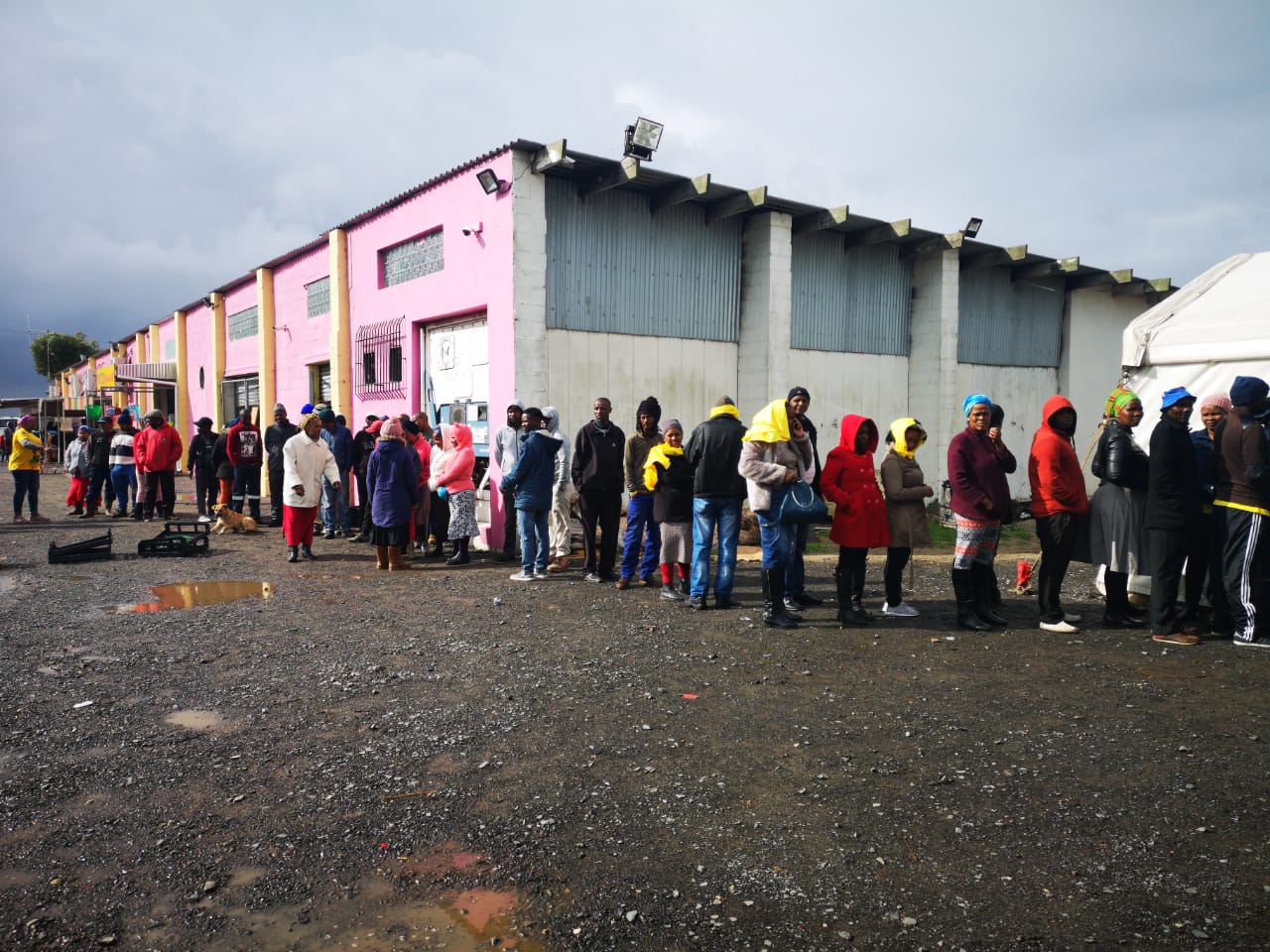Residents throughout the Cape flats will not only be hit by a steep fuel increase but also a hike in Eskom tariffs.
This come as the national energy regulator of south Africa’s decision to grant Eskom a 9.41% increase for the year 2019/2020. With more increased expected in the next three years.
All grades of petrol and diesel also increased by up to R1.34c to the litre late last month. Motorists now pay close to R15 for a litre of petrol.
This decision to increase both electricity and petrol prices have been met with great resistance from locals and many are questioning why they should pay more for electricity when Capetonians often have their power cut during the frequent load shedding periods.
“It’s ridiculous to have the tariffs increased when we are constantly being told that energy supply is low and the risk of load shedding is high, not so long ago we had load shedding every night which meant we used very electricity so how can they even increase the tariffs,” said Lynnett Lewis.
“The constant increases affect us the most as we hardly get minimum wage. If one thinks about it, all our money is used for tax and the little were have left must contribute to the general cost of living which is always increases,” said John Stemmet.
“Once prices go up, everything else does but it’s really frustrating when petrol cost decrease but the cost inflation still stays the same,” Stemmet stated.
“As a single mother trying to make a life for myself and my children, the constant increases are really challenging and yes government gives us some form of help through government grant but that is not even enough, said Natasha Isaacs.
Administrator of “Dear cape town.co.za” website and community activist Sandra Dixon said the steep tariff increases is detrimental to the poor. She says the electricity increase and general cost of living affects the unemployed and people living below the breadline the most.
“The increase is detrimental to the poorest of the poor. People are already struggling to afford the basic things. People are at the stage where they must choose between necessities. I am witness to how residents are forced to choose between buying a loaf of bread or buying R10 electricity,” she said.
In trying financial times as, we most certainly are residents are eager to find out what provincial and national government plans to address what they refer to as a national crisis.






 WhatsApp us
WhatsApp us 

